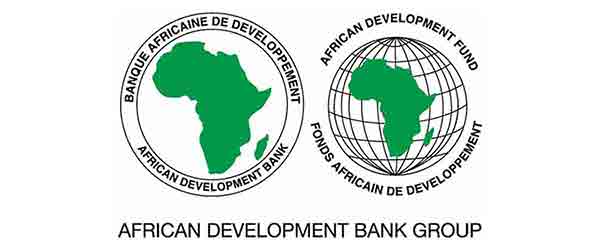By Asmau Ahmad
Africa has been losing from five per cent to 15 per cent of its Gross Domestic Product (GDP) per capita growth because of climate change and its related impacts.
Group Acting Chief Economist and Vice President, African Development Bank (AfDB), Mr Kevin Urama, said this in a statement posted on AfDB website on Tuesday.
Urama added that Africa needed 1.6 trillion dollars between 2022 and 2030 to meet its nationally determined contributions (NDCs).
According to the statement, the AfDB vice president said this on Sept. 7 at a panel discussion on the sidelines of Egypt International Cooperation Forum (Egypt-ICF 2022) in Cairo.
NDCs embody efforts by each country to reduce national emissions and adapt to the impacts of climate change.
They are submitted by countries under the Paris Agreement of the United Nations Framework Convention on Climate Change.
The panel discussion was titled, “African Countries Ownership in Determining Climate Agenda.”
“Collectively, African countries received only 18.3 billion dollars in climate finance between 2016 and 2019. This results in a climate finance gap of up to 1288.2 billion dollars annually from 2020 to 2030.
“Climate change affects Africa severely, while the continent contributes to only three per cent of global emissions,” Urama said.
He reiterated the need for the global community to meet its 100-billion-dollar commitment to help the developing countries and African economies to mitigate the impacts of climate change and to adapt to it.
“Investing in climate adaptation in the context of sustainable development is the best way to cope with the climate change impacts; gas must remain included in the continent’s plan for the gradual transition to clean energy,” he said.
He also affirmed that Africa had great potential in terms of green investment opportunities that the private sector, including banks, could tap into.
Egyptian Environment Minister, Yasmine Fouad, highlighted Egypt’s National Strategy for Alignment for both climate mitigation and adaptation, which had five key pillars.
“The first pillar focuses on how we can adopt a low greenhouse path, which centers on the sectors around renewable transport, gas, industry and waste.
“The second one relates to adaptation and how best to make the communities more resilient. The third and fourth ones are focused on how to protect coastal zones and have more accessibility and availability of water.
“The last one is about the need for developing more smart and integrated concoctions and that’s the stereotype of a strategy on climate,” said Fouad.
He, however, added that the fight against climate change needed an integration among the government, civil society and the private sector.
Ghada Wally, Executive Director of the United Nations Office on Drugs and Crime (UNODC) said women and young people were among Africa’s best assets.
Wally, who is also Director-General of the United Nations Office in Vienna, stressed the importance of exploring avenues to tap into “this significant asset for the sake of the continent’s sustainable development.”
The Egypt-ICF 2022 was held from September 7 to 9 in Cairo, the country’s capital city.




